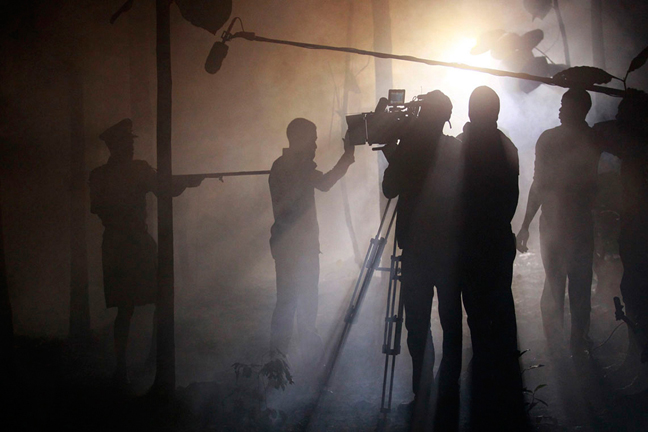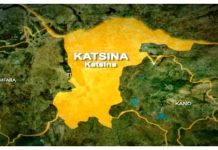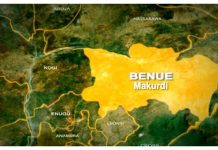Africa’s most populous country has a reputation for corruption and chaos. But for companies that invest for the long term and look beyond the stereotypes, the rewards can be enormous.
In a small but airy showroom, racks are stocked with brightly-patterned silk separates, kimono-style shirts and structured dresses. An elegant middle-aged woman – in town to attend a plethora of annual arts events – enters, and is greeted with hugs from the staff. It is a welcome, air-conditioned escape from the busy highway outside.
Rukky Ladoja founded Grey Projects in 2009, after struggling to find ready-to-wear clothes for her job at a bank. She moved back to Lagos in 2008 from London, where she studied for a masters in economics and development studies. Fashion for young professional women was just one of the countless untapped business opportunities at the time. “Nigeria was such a low-hanging fruit for people… to try out things that weren’t available locally yet,” she says.

During October and November, artists, entrepreneurs and elites from around the world criss-cross Nigeria’s commercial capital, home to an economy that is larger than Kenya’s, to visit Lagos Fashion Week (sponsored by Heineken) and other annual arts festivals. International collectors, high society types and guests flock to Art X Lagos. On display in 2018 was Tutu, a portrait by Nigerian modernist Ben Enwonwu, which was auctioned for an African record of £1.2m at Bonhams in London earlier this year.
Nigeria, like Lagos, is a place of contradictions, energetic and exhausting. Before its most recent recession it was the biggest consumer of champagne in Africa, yet it has the largest number of extremely poor people in the world. It pumps around two million barrels of oil a day yet has no properly functioning refineries. Imports of subsidised petrol cost the government an estimated $522m in 2017, while the grid generates just 4,000 megawatts of power a day on average (4 per cent of the capacity of the UK’s power stations).
Aliko Dangote, Africa’s richest man, has plans to change that, spending an estimated $12bn building a refinery in Lagos that could process 650,000 barrels of oil a day. If the cement-to-sugar magnate succeeds it will be the biggest of its kind in the world. It could, if the petrol he produces is sold without government subsidies, transform Nigeria’s economy. But the project’s completion date keeps being pushed back and, for now, its transformational effects remain a dream.
Nigeria’s bureaucrats are legendary for their obstructiveness and opacity, yet the country is home to some of the world’s hardest-working, most creative and optimistic people. Though reliable data is hard to find, its film industry, dubbed Nollywood, pumps out around 1,000 movies a year, second only in number to India’s Bollywood. According to Okada Media, organisers of NollywoodWeek Paris which showcases the best of the Nigerian film industry, the sector is the country’s second-largest employer after agriculture and accounts for 2 per cent of Nigeria’s GDP.







